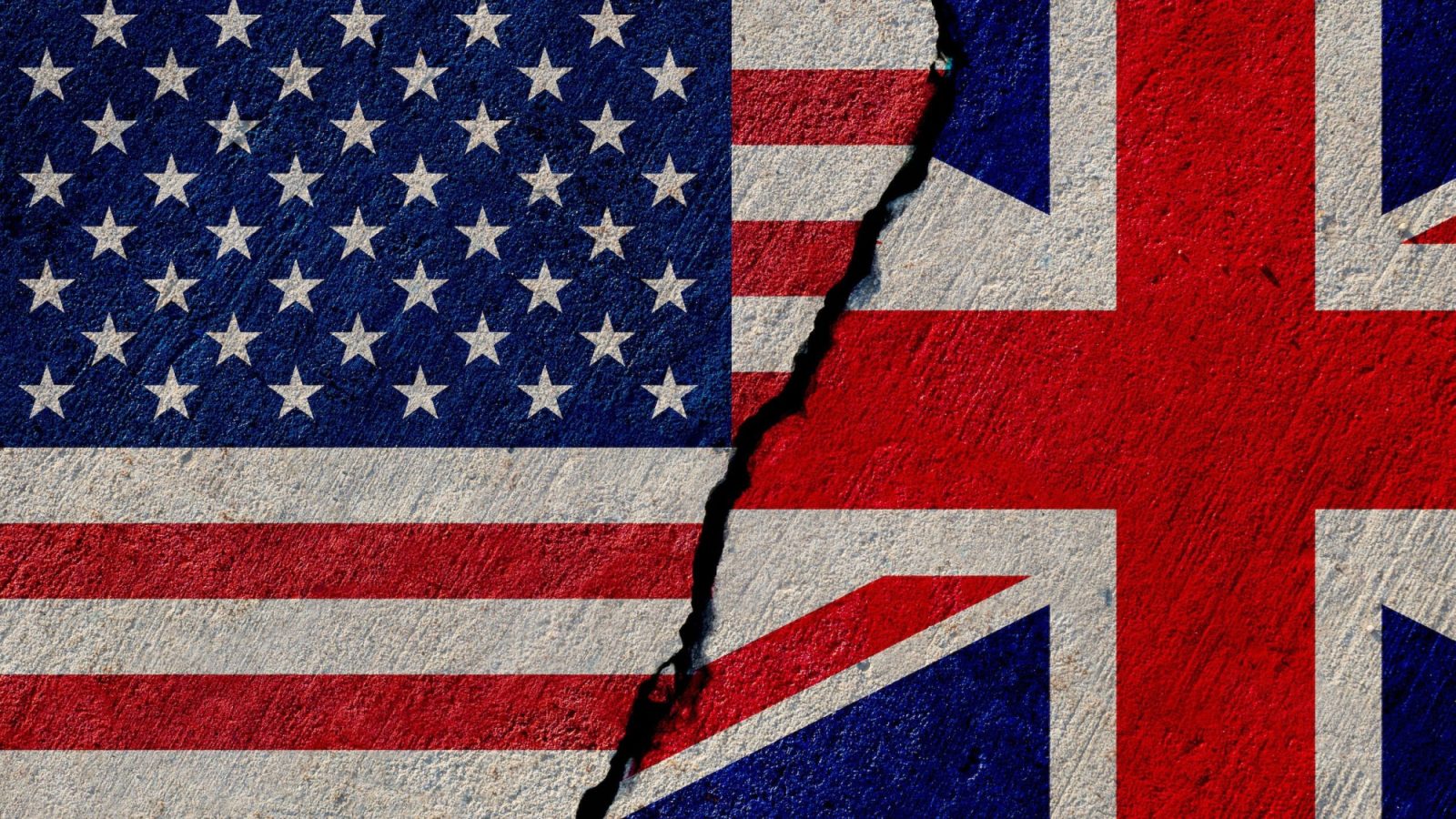Since President Trump announced that the UK was subject to a baseline 10% tariff on the majority of goods entering the USA, many British firms have been grappling with cost increases and heightened uncertainty.
In 2024, the UK's goods exports to the United States were valued at £59.3 billion, making the US the UK's largest export partner for goods. It is estimated that around 59% of UK small exporters currently sell goods to the US.
On 5th April 2025, a 10% tariff was applied to the first 100,000 UK cars exported to the US each year. Any cars exported above that quota will face a 25% tariff. Tariffs on UK aerospace exports have been cut to zero on goods such as engines and similar aircraft parts.
While details on steel and aluminium tariffs have yet to be finalised, they remain subject to a 25% tariff.
For many British companies, the implementation of tariffs has already led to significant disruptions both operationally and from financial performance standpoint.
Since they took effect, UK businesses have responded in kind by exploring ways to offset their impact on their bottom line.
Many have resorted to renegotiate supplier contracts as they scramble to find savings or engage in renegotiations with US import partners to shift delivery terms and payment structures. Others have shifted focus towards diversifying their export markets, exploring trade opportunities in regions such as the EU, Asia, and the GCC to reduce dependence on the US, or even started passing on additional costs to customers or consolidating shipments to reduce the customs overhead.

For international logistics specialist Aramex UK, it has instead turned to multimodal freight solutions to help ease the financial burden of incurred tariffs for its clients which sell goods into the US, ensuring to maintain service reliability and minimise disruption where possible.
In particular, it has looked to reduced reliance on air freight, largely due to rates still remaining high, opting instead to ship goods by sea to Canada before transporting them into the United States by truck.
With Aramex having a physical presence in both the USA and Canada, the company has been able to leverage its global network and infrastructure to design integrated end-to-end solutions that bypass the higher costs associated with direct air freight, while still having full visibility and control over cargo movements across borders.
Haissam Badr, national freight manager at Aramex UK, says that staying open-minded and rethinking traditional freight strategies has been key to overcoming the financial challenges posed by new tariffs, helping to keep UK-US trade viable and as profitable as possible for businesses which are already facing economic pressure on home turf.
He said: “By adopting a more flexible strategy, we’ve been able to offset unnecessary costs for our customers and minimise the disruption caused by the tariffs implemented by the Trump administration earlier in the year. To find viable solutions for businesses, we’ve taken a step back to analyse where efficiencies can be made across the entire supply chain, particularly by consolidating traditional transport methods and introducing more strategic multimodal combinations.
“This approach has allowed us to successfully maintain service continuity in the wake of these tariffs, albeit with a slightly longer lead time for goods to arrive, while also saving on shipping costs. In some cases, we’ve generated significant cost savings for clients, simply by thinking creatively about the most cost-effective way we can move goods.
“Businesses have been, and are still, concerned about the long-term impact of increased imposed duties, especially when the economic situation in the UK is already putting pressure on margins. However, there are ways which firms can reduce the cost of trading with the US without having to take drastic action. For instance, by considering alternative routing options and taking a more strategic approach to freight and customs planning, businesses can actually uncover efficiencies that could somewhat help towards offsetting the added costs from tariffs. The key is being open to rethinking traditional models and finding ways where practical consolidations can be made.”